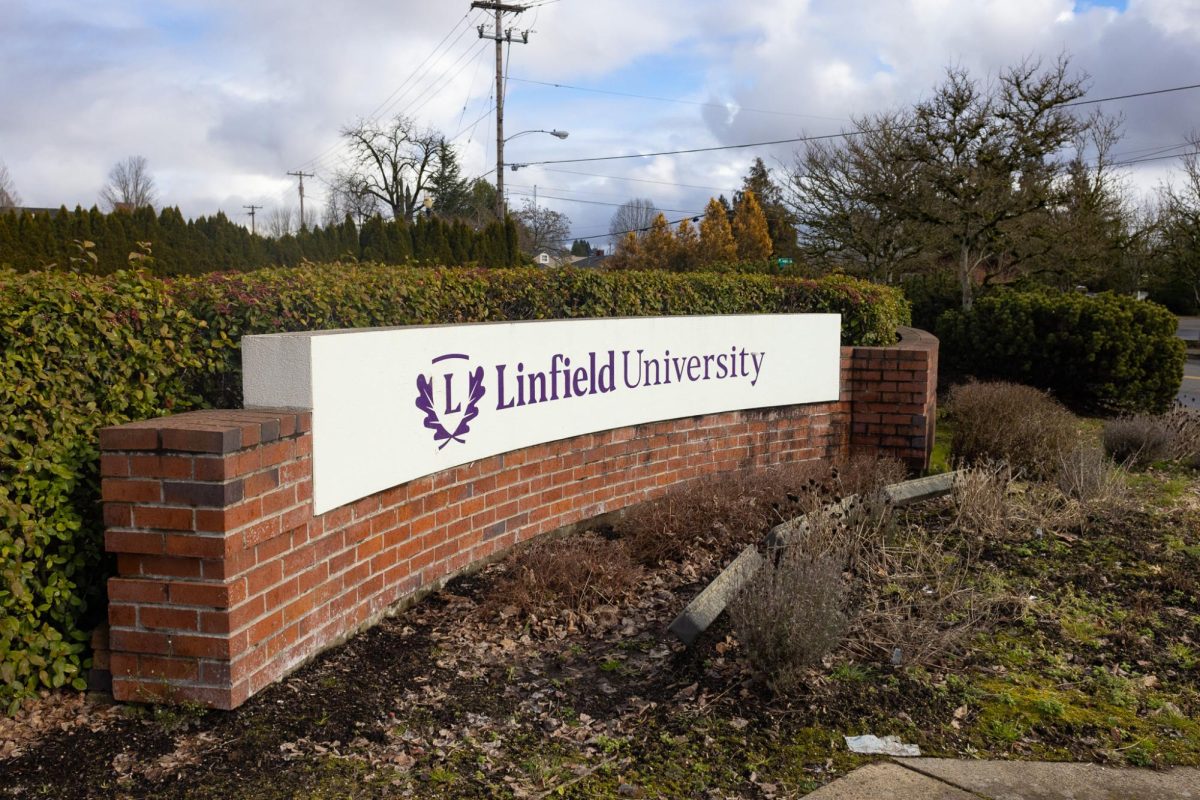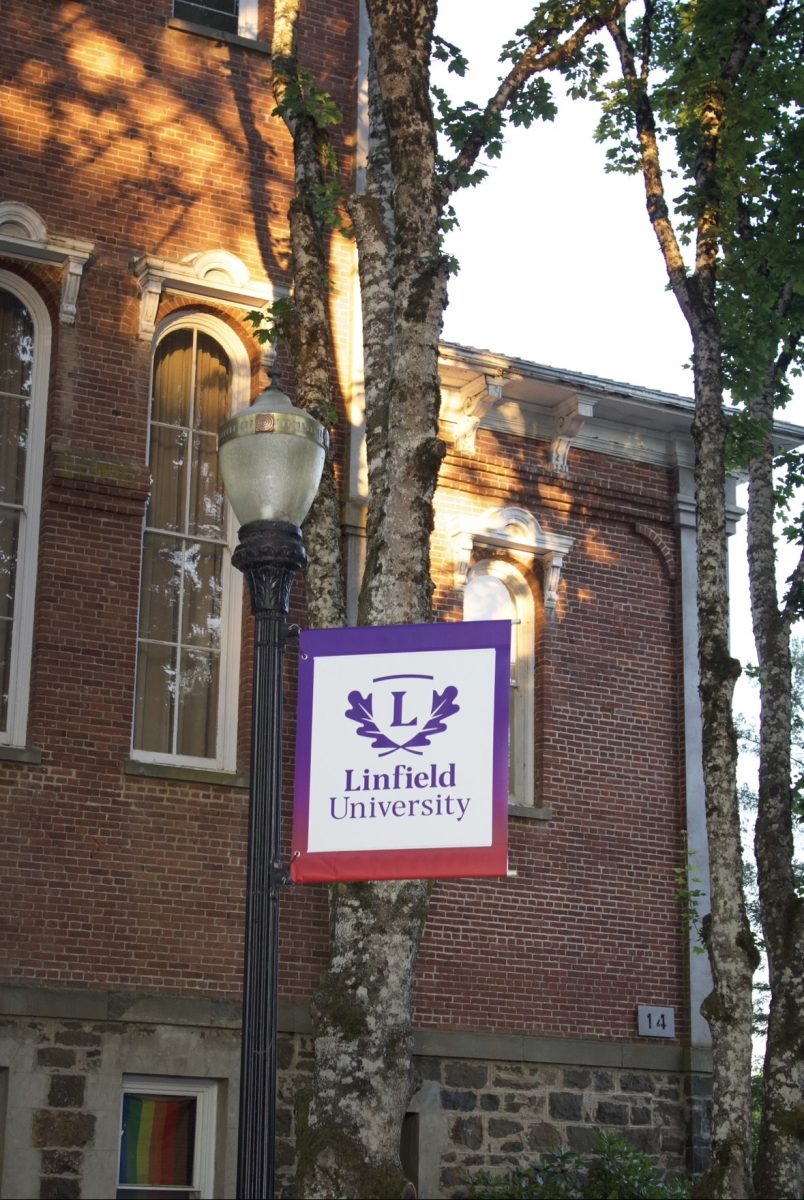Meredith Ballard is an economics major at Colorado College. But when she began her senior year last fall, she started feeling she was spending more time traveling to job interviews than going to class.
“It got stressful,” said Ballard, 22, of Green Oaks, Ill. “I had to work on my thesis on top of having a very difficult class while trying to land a job.”
The employment market may be picking up, but graduating seniors like Ballard—who landed a job with a Chicago advertising agency and will start next month—have in many cases known nothing during their college careers but economic turbulence and high unemployment.
“Nowhere has the economic impact been as traumatic (as) for college seniors graduating in the last four years,” said Richard Berman, director of career services at Oberlin College.
To forestall entering the job market, many soon-to-be graduates are taking unpaid internships or social service work, going to graduate school, or even trying to start their own businesses.
Those who are searching for jobs are making it a higher priority than schoolwork. Gone is the luxury of taking it easy senior year.
There are some glimmers of hope. The unemployment rate for recent college graduates is 6.2 percent, lower than the overall rate and the lowest since the start of the recession. And employers surveyed by the National Association of Colleges and Employers said they planned to hire 10.2 percent more new graduates this year than last year.
Still, the odds for job-seekers in many fields remain long.
“This year’s seniors are landing more interviews, but I think it’s more a function of their tenacity” than an increase in the number of jobs available, said Lisa Kastor, director of career services at the College of Wooster in Ohio.
Jacob Meyers of Elyria, Ohio, for example, applied for 35 jobs and got three interviews, but no offers.
“I just don’t want to be floating around after college,” said Meyers, 22, who is job-huntinging while finishing requirements for his triple major in English, theater, and gender, sexuality and feminist studies at Oberlin. “There just seems to be this pressure from everywhere. Everyone is looking for a job. Even my mom is dead set on me finding one. She’s scared, too.”
At Washington and Lee University in Virginia, 15 students applied to meet on campus with a recruiter for an investment bank. Six got interviews. The bank has one position available.
“The employers are doing a lot more screening,” including remotely by Skype before even entertaining the idea of an in-person interview, said Beverly Lorig, director of career services at Washington and Lee. “There’s less willingness to consider a ‘maybe’ candidate.”
Meanwhile, students and their families have been subjected to unrelenting bad news from the job front.
“It bruises the psyche of your graduating class,” Lorig said. “There’s stress with seniors, and there’s stress with parents. It’s really important that we teach students to be resilient in these times. I fear that a lot of seniors withdraw after they get roughed up a bit with the rejections.”
Many students have reason to be worried. Those who took out loans for college are graduating with an average debt of more than $25,000—twice the 1996 figure—according to the U.S. Department of Education.
Some students say they are beginning their job searches a year before graduation, and they are networking more often with college alumni.
“Just because the front door to an organization is tighter, and therefore harder to open, doesn’t mean that there aren’t side doors into it,” Berman said. “One has to build networking opportunities through recent grads and alumni.”
For Lauren Martinez of Redmond, Wash., the time she took to job-hunt last semester paid off: The senior economics major at Macalester College in Minnesota found a job at a financial consulting firm in California.
But Martinez said the offer came at the expense of time and energy she could have applied toward schoolwork.
“My grades suffered at the beginning of the semester when I was spending so much time traveling to interviews, practicing interviewing and filling out applications,” Martinez said. “It was all so overwhelming.”
Still, she’s glad she has a job. “It’s definitely a relief to know that I’ll have a paycheck,” she said. “With that in mind, the rest of my senior year will be a lot easier.”
___________________________________________________________________________________________
Meghan Farnsworth/The Hechinger Report






